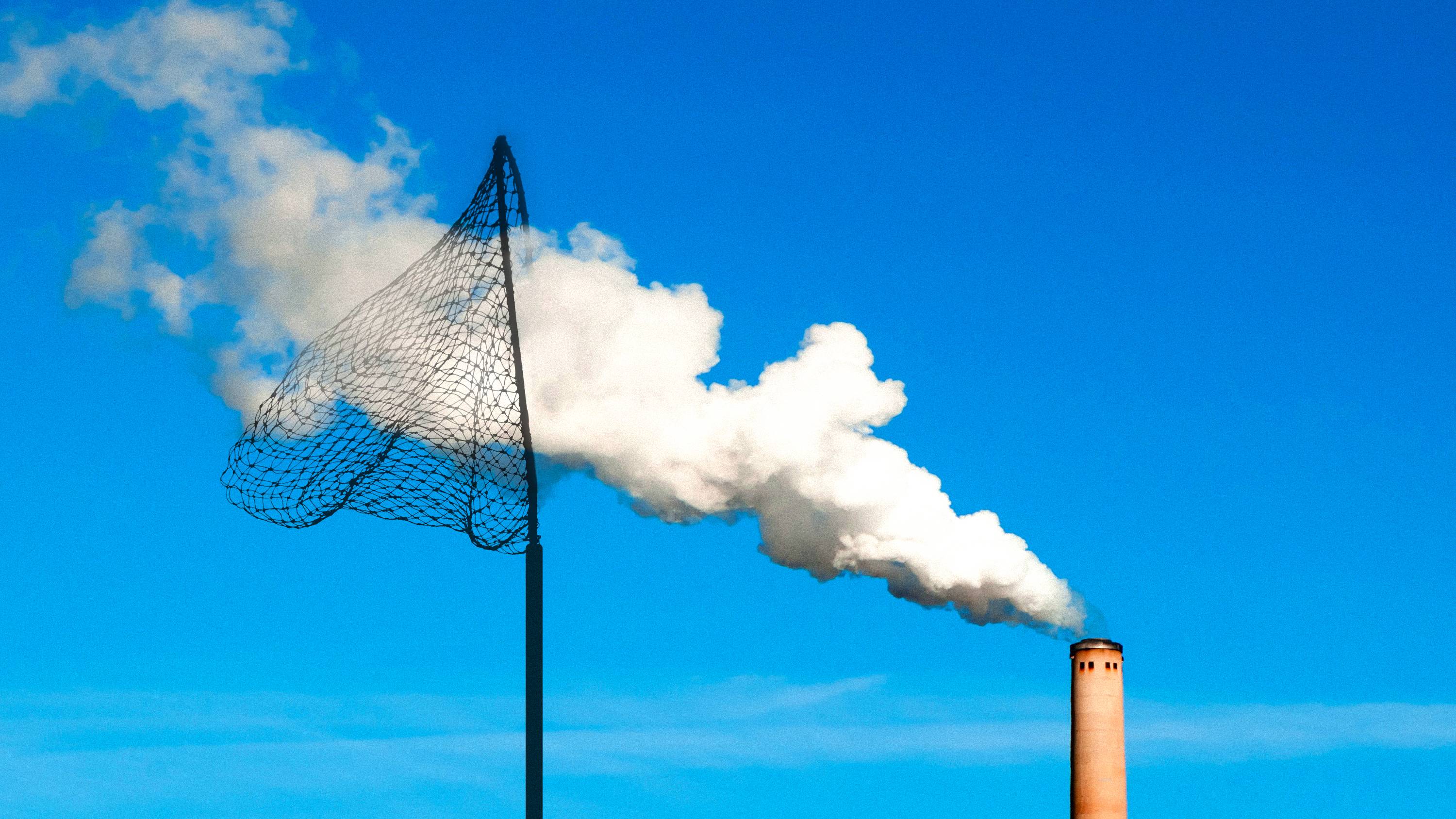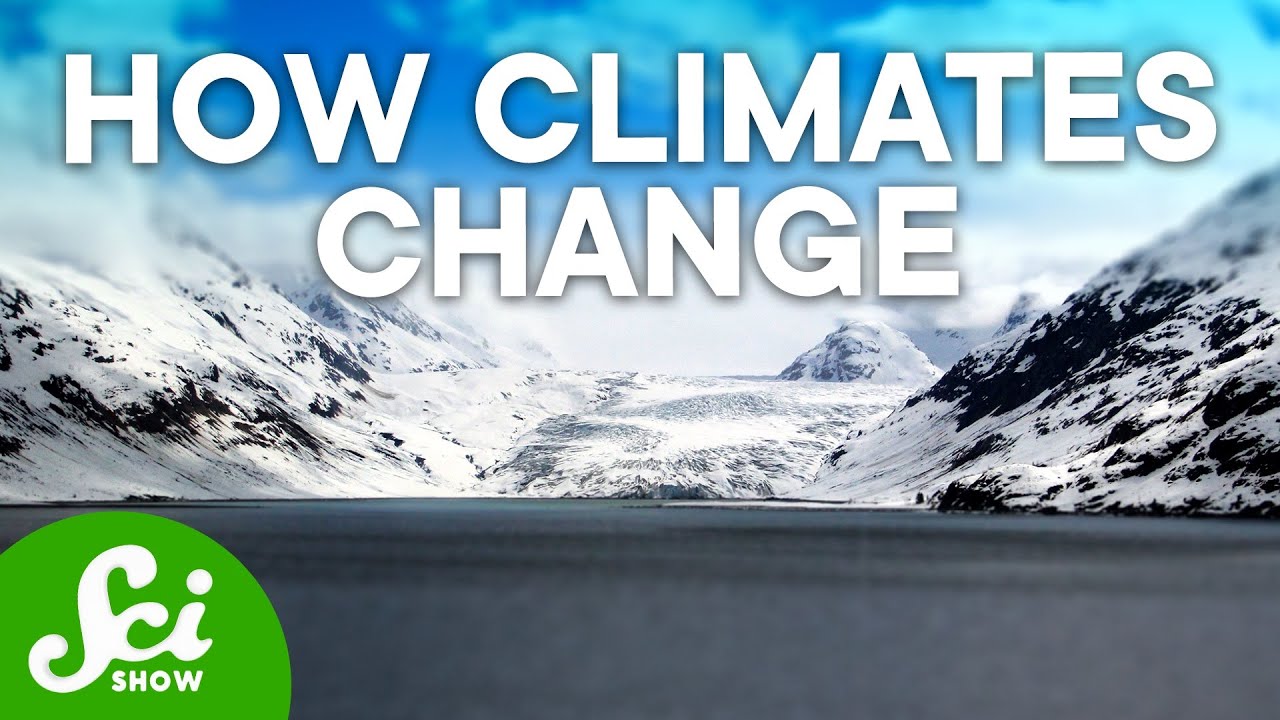
The UNFCCC (United Nations Framework Convention on Climate Change) is an international treaty. It aims to regulate greenhouse gases and prevent humans from causing damage to the climate system. The convention was negotiated at the 1992 Earth Summit in Rio de Janeiro and has been ratified by 197 countries.
The UNFCCC was born with three fatal flaws: it was not established with a formal rule of procedure; its secretariat was too small; and it failed to facilitate the transfer of environmentally sound technologies. It was, however, the first intergovernmental mechanism to control climate change. Many international negotiations have been influenced by this treaty.

The Convention states that "climate change should not impede sustainable development", and that it should be arrested in a timeframe that allows ecosystems to adapt naturally to climate change. Although it doesn't impose any enforceable requirements on signatories to reduce GHGs, it provides a framework for developing national climate change plans. The UNFCCC acknowledges biological systems' importance in assessing whether climate change must be addressed.
The UNFCCC's primary decision-making body, the Conference of the Parties, is the COP. At the COP governments and representatives representing all 190 parties to a convention discuss and debunk global climate policy. Each party is required to submit its National Communication after it has ratified this convention. A country's National Communication provides information to the UNFCCC about its current mitigation and adaptation plans. Every four years, the National Communication of developing nations is required.
UNFCCC has been a foundation for the 2015 Paris Agreement. This agreement aims to limit the rise in earth's average temperature by 1.5 degrees Celsius from pre-industrial levels. Since its conception, the UNFCCC provides scientific insight into the climate issue.
International policy has also been influenced by the UNFCCC's focus on climate change extinction risk. This topic is receiving more attention in recent years.

At a COP in Warsaw in 2013, the UNFCCC introduced a mechanism for Intended Nationally Determined Contributions, which allows developing nations to tailor their own plans to the needs of their own countries. The Conference of the Parties also has timely advice from the Subsidiary Body of Scientific and Technological Advice.
The UNFCCC has been a key step towards reducing climate change. But there is much controversy about how well it has worked. Earlier COPs have set the record for the largest gathering of world leaders in history. COP23, for instance, approved the Gender Action Plan. The GAP has been a driving force in efforts to address climate change with gender-responsive approaches. Despite this, the UNFCCC has not been able to facilitate the transfer environmentally sound technologies to developing countries. Some Least Developed Countries (LDC) have not ratified it in the last five to fifteen years.
FAQ
What is the current state of the global climate and how is it changing?
The current climate situation is one of uncertainty and unprecedented change. Unprecedented levels in atmospheric carbon dioxide are causing global temperatures to rise significantly. This can lead to droughts and heat waves as well changing rainfall patterns, melting Polar ice caps, ocean acidification and rising sea levels.
These changes have already had a significant impact on ecosystems across the globe, leading to habitat loss and extinction. They also threaten the livelihoods and lives of billions, especially in areas that are already suffering from resource scarcity and poverty.
Because of the increase in average surface temperatures from human activity, the number of extreme weather phenomena such as hurricanes and cyclones has been increasing steadily over time. As temperatures continue their climb, this trend is expected to continue.
A rapidly changing climate has many effects. They can impact everything from food insecurity to displacement by extreme weather events to sea level rise, causing communities to relocate. Climate change is also exacerbating existing social inequalities by disproportionately affecting marginalized communities that do not possess the resources or knowledge necessary for adapting effectively.
Although there have been some progress in efforts to reduce carbon emissions and renewable energy initiatives in certain countries, it is still not clear that meaningful global action is required to mitigate these changes. For us to avoid further disruption and devastation due to climate change, all nations need to come together and take urgent actions now. At the same time, we must plan for adaptation in an uncertain world.
What is the role that individuals and groups can play in addressing climate-change?
Climate change is one our greatest contemporary challenges. This is a problem that affects everyone. We must all pay attention to it and take action individually to make a difference.
Individuals have an essential role to play in addressing climate changes and reducing their effects. Everyday behaviors can include anything from reducing waste and consuming consciously, going through changes in lifestyle such as switching to a vegetarian diet, consuming less meat, using public transportation more often, and choosing more sustainable materials in clothing and home decor. They can also take part in advocacy and support initiatives that promote sustainability in their communities.
It is important that communities are involved in the larger climate change effort. They can implement policies that limit emissions by reformulating energy models based on renewable sources, promoting efficient infrastructure for cycling or electric transportation, reducing deforestation rates, or encouraging composting systems for waste management. Collaboration between different communities across cities and countries is fundamental for achieving success in this mission.
Additionally, civic education about the dangers of climate change and ways to help it be tackled should be started in the very early stages of education. It should also be taught throughout lifelong learning opportunities. This will help individuals become aware of the issues at stake and understand our interconnectedness with other societies further away from our geographical location but similarly affected by global warming
Ultimately employers have a major responsibility when it comes to fighting climate change: introducing corporate practices focused on sustainability and opting for green alternatives whenever possible will undoubtedly yield positive results both economically and sociologically speaking.
Individual actions, community policies and business transformation can all be a part of creating solutions to global warming. Together they will help humanity avoid the longer term negative effects of climate change.
What is the potential impact of land-use change and deforestation upon climate change?
The climate can be directly affected by deforestation and changes in land use. If trees are cut down, or burned, carbon dioxide, one the most important greenhouse gases, is no longer absorbed. The atmosphere is less carbon dioxide if trees are removed by deforestation, or burned for agriculture purposes.
However, land use changes can increase greenhouse gas emissions. When forests are cleared for livestock production, the use of fertilizer and pesticides may lead to an increase in methane or nitrous oxide emissions. In addition, clearing can increase exposure to soils that contain large amounts of stored carbon; when these soils are turned over or disturbed by farming activities, they release additional carbon dioxide into the atmosphere.
Deforestation, land-use change and other environmental impacts can cause more greenhouse gas emissions than they do. It can also affect regional air quality. The smoke from deforestation's burning events has been linked to poor visibility and other health concerns, such as asthma or other respiratory diseases. These changes in air quality can have a cumulative affect on global climate change. The increase in temperatures is due to more sun hitting the Earth's surfaces.
Conclusion: Deforestation, land-use changes and other factors have significantly contributed to global warming. If serious efforts to combat climate change are to occur, it should be a top priority to reduce these practices.
Statistics
- The 10 countries with the largest emissions contribute 68 percent. (un.org)
- The 100 least-emitting countries generate 3 per cent of total emissions. (un.org)
- According to the 2014 report on Climate Change Impacts, Adaptation, and Vulnerability (page 8) from the United Nations Intergovernmental Panel on Climate Change, governments at various levels are also getting better at adaptation. (climate.nasa.gov)
- features Earth's average surface temperature in 2022 tied with 2015 as the fifth warmest on record, according to an analysis by NASA. (climate.nasa.gov)
- This source accounts for about 10% of all the water that enters this highly productive farmland, including rivers and rain. (climate.nasa.gov)
External Links
How To
How to incorporate sustainable practices into your daily life to combat climate change
One way you can incorporate sustainable practices into your daily life is by reducing your consumption of resources such as food, clothes, and energy. Try shopping secondhand, borrowing from family and friends, or buying new items every other day. Additionally, eating vegetarian meals once or twice a week can help reduce the amount of methane released into the atmosphere from livestock production. Also, conserve energy by turning off all lights in a room when you leave it.
The other way to combat climate changes is to reduce carbon emissions from transportation such as cars and aircrafts. We can also opt for renewable power sources such as solar panels in replacement of traditional fossil fuels to generate electricity at home. To make climate change action effective, it is important to support policies that promote clean air regulations. Engaging with others on issues such as plastic pollution and deforestation can be hugely beneficial, since it makes citizens more aware of the issue and encourages them to act.